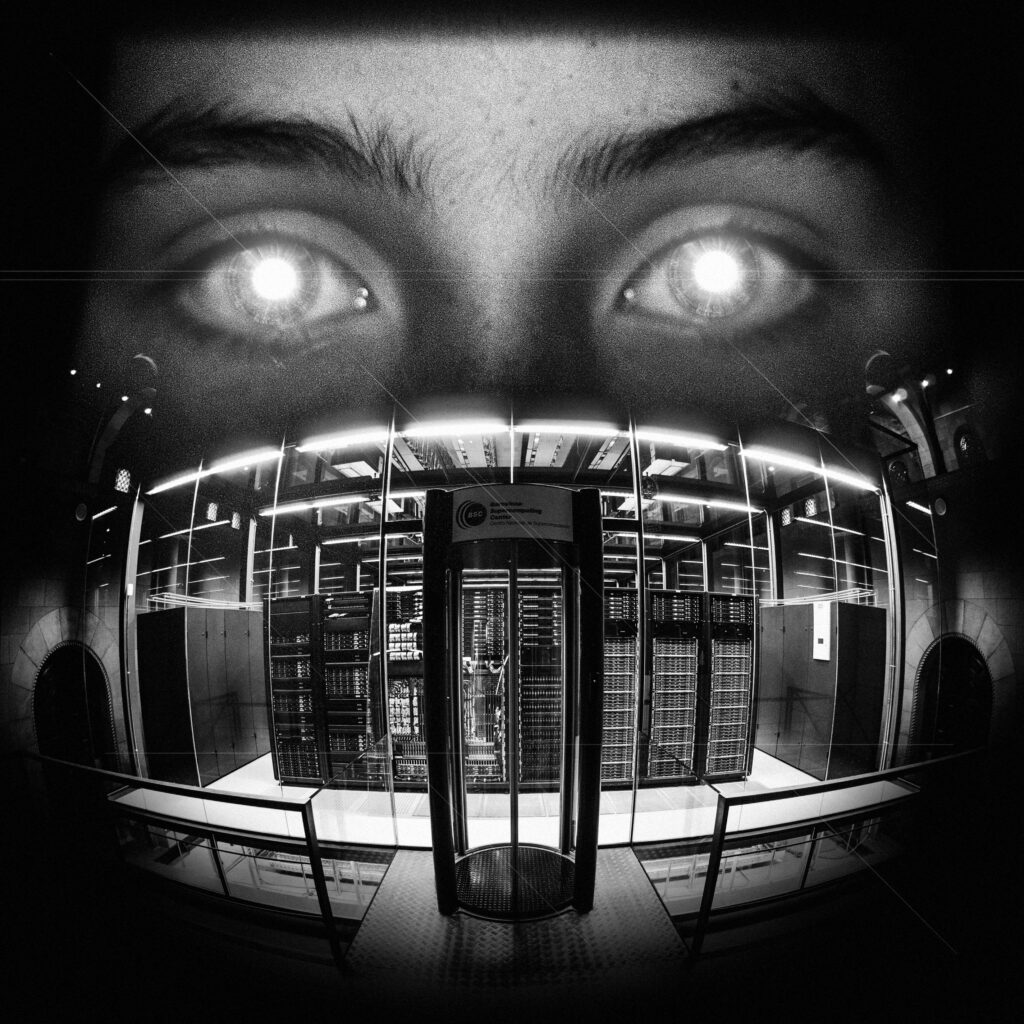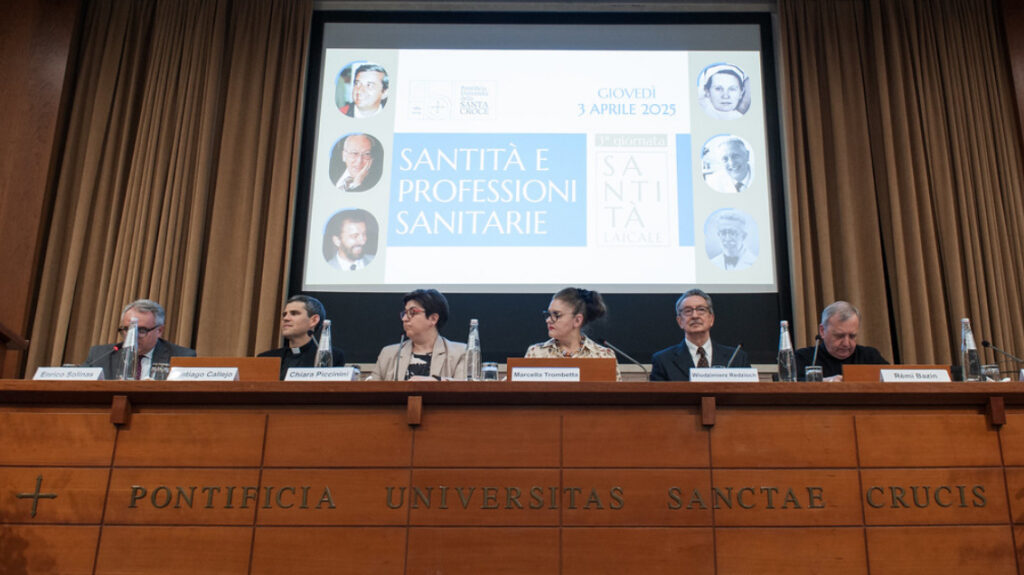Exploring Transhumanism
Reflections from the book Humans or posthumans?, by Albert Cortina and Miquel-Àngel Serra

Introduction Until recently, transhumanism and posthumanism were topics reserved for visionary scientific circles and science fiction. However, with technological advances and media dissemination, these ideas have gained ground in public opinion. An example of this phenomenon is the book Humans or posthumans? Technological singularity and human improvement, by Albert Cortina and Miquel-Àngel Serra, published by Fragmenta Editorial in 2015.
Context and Content of the Book is structured in three main parts that address different aspects of posthumanism:
1. Initial Opinion Articles
- Cortina and Serra raise technological singularity, human improvement, and the impact of artificial intelligence on human evolution. It discusses how these advances could lead to a radical transformation of society and human nature.
2. Discussion on the Web
- The second part of the book includes an extensive debate generated by these articles on the website of the newspaper La Vanguardia. 213 people from diverse fields such as biology, philosophy, economics, and theology participated, offering a variety of perspectives ranging from enthusiasm to skepticism regarding posthumanism.
3. Ethical and Scientific Questions
- The third part raises fundamental questions about the ethical and scientific challenges posed by posthumanism, such as equality, human dignity, and environmental impact.
Main Arguments The book addresses several crucial topics:
- Benefits vs. Ethical Challenges: While technological advances are recognized to improve human health, ethical concerns are also raised about the distribution and control of these technologies.
- Inequality and Social Control: There is a critical consensus on how technological improvements could exacerbate social inequalities, creating an elite of “posthumans” and leaving the less advantaged behind.
- Criticism of Technocracy: The dehumanizing impact of a society dominated by technology is questioned and a reflection on current social priorities is called.
Conclusions and Reflections The book “Humans or posthumans?” offers a broad and critical overview of transhumanism and posthumanism, from multiple disciplinary and social perspectives. Although it does not offer definitive answers, it does raise essential questions that invite us to reflect on the future of humanity in an accelerated technological context.
References and Additional Resources The book includes an extensive updated bibliography on transhumanism and posthumanism, as well as indexes that facilitate consultation of the topics discussed.
Final In summary, “Humans or posthumans?” is not only a recommended reading to understand the contemporary debate on human and technological evolution, but also to reflect on the ethical and social implications of these transformations.
Related

“Highway to Heaven” Arrives in Rome: Carlo Acutis’ Musical Evangelizes with Art and Heart
Exaudi Staff
09 April, 2025
2 min

University of the Holy Cross: A Day on Lay Holiness
Wlodzimierz Redzioch
08 April, 2025
3 min

“Spain must preserve the faith it once transmitted to us”
Fundación CARF
07 April, 2025
7 min

He who is without sin, let him cast the first stone: Fr. Jorge Miró
Jorge Miró
06 April, 2025
3 min
 (EN)
(EN)
 (ES)
(ES)
 (IT)
(IT)

